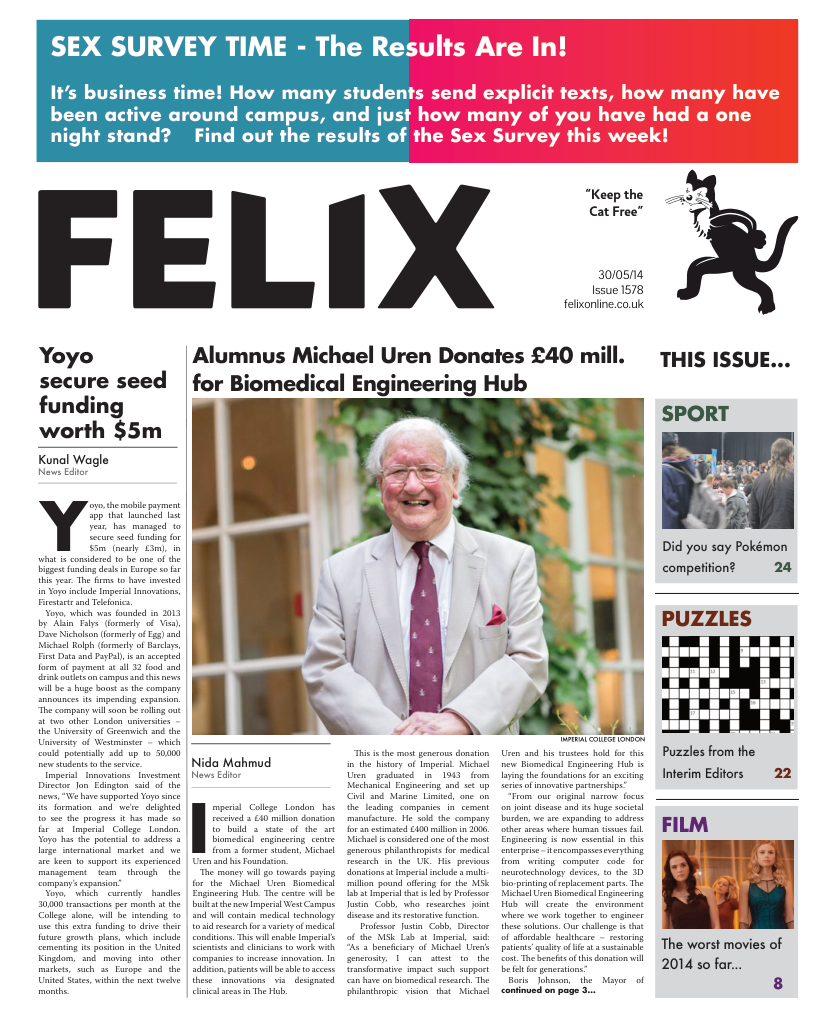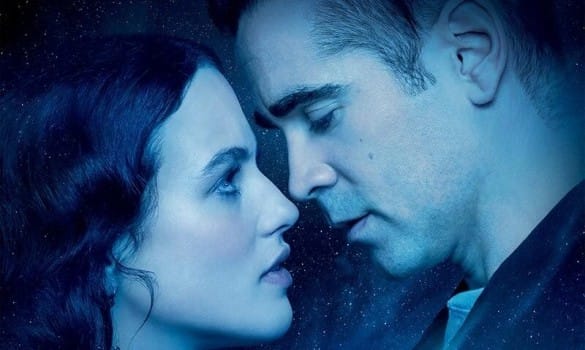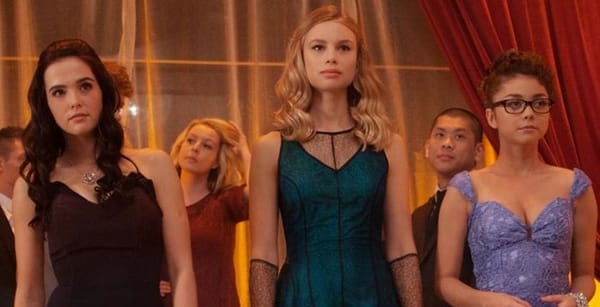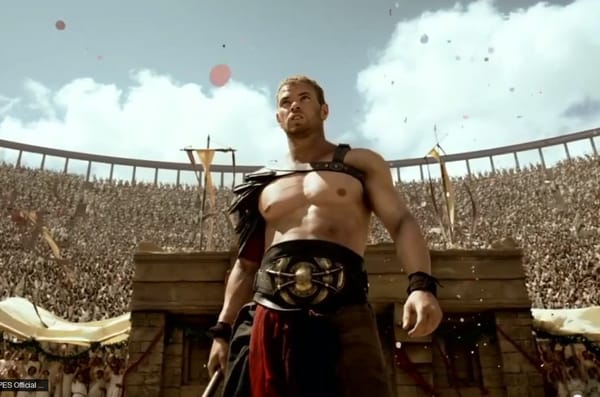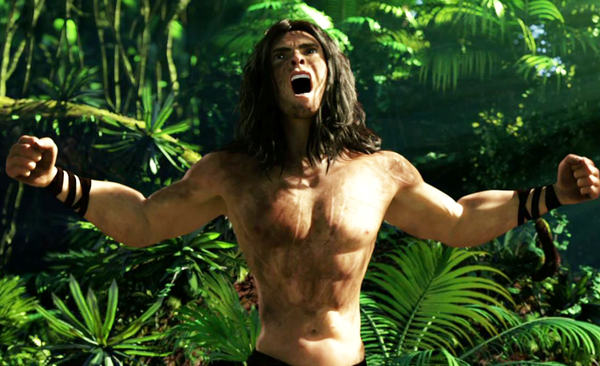The best X-Men film ever
The X-Men series has had its fair share of ups and downs over the years. The first two entries helped revive the comic book film industry (with X-2 being considered arguably the best of the genre pre-The Dark Knight), but the third film and the first spin-off received mixed reactions.
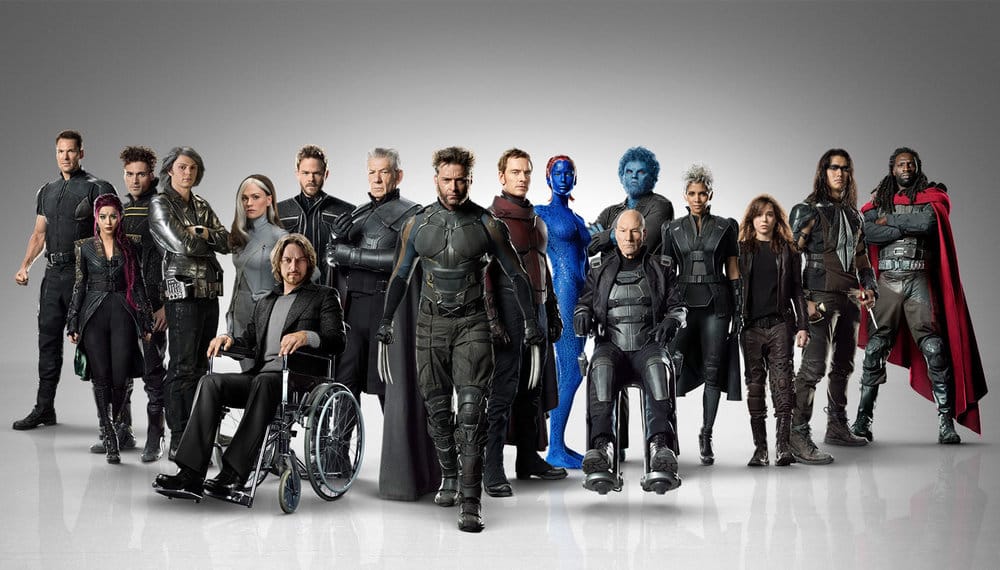
X-Men: Days of Future Past
Director: Bryan Singer
Writer: Simon Kinberg, Jane Goldman, Matthew Vaughn
Starring: Hugh Jackman, James McAvoy, Michael Fassbender, Patrick Stewart, Ian McKellen, Jennifer Lawrence, Ellen Page, Shawn Ashmore, Halle Berry, Nicholas Hoult, Peter Dinklage, Evan Peters, Omar Sy, Bingbing Fan
Runtime: 131 minutes
Certification: 12A
Rating: 5/5
The X-Men series has had its fair share of ups and downs over the years. The first two entries helped revive the comic book film industry (with X-2 being considered arguably the best of the genre pre-The Dark Knight), but the third film and the first spin-off received mixed reactions. 2011’s First Class changed the setting and moved back to the 60s (avoiding having to deal with the fallout of The Last Stand killing off or ruining the vast majority of the cast in the process) and promptly earned the title of ‘best since X-2’. The second spin-off – The Wolverine – returned the series to mixed reviews, changing things up for Hugh Jackman’s Wolverine but ruining beloved villains in the process.
So now, at last, comes Days of Future Past to tidy everything up. In a storyline loosely based on the comic-book run of the same name, the original cast are trapped in an apocalyptic future where mutant-hunting Sentinels with the ability to absorb powers and use them on their owners run rampant, killing with impunity. The script finds a neat way of both showing the deaths of both beloved and new characters (in a way that feels far more deserved than The Last Stand’s wanton murder) and allowing them a decent amount of screen time, showing the stakes without detracting from their strong characterisation. It’s so strong, in fact, that even with the minimal amount of time spent with the new mutants compared to the old crew, their deaths are just as keenly felt.
Some nifty exposition (set up within minutes, and promptly used – there’s no wasted time here) lets Wolverine go back to the past to stop all of this happening, and the cast of First Class get their moment in the sun. Where Matthew Vaughn went all-out in his embracing of the 60s for First Class, director Bryan Singer (the man responsible for the first two films) doesn’t quite manage the same level of wry abandon, throwing in some classic symbols and completely ignoring some areas of the aesthetic in favour of functionality. It feels less fun than First Class as a result, but then the whole thing’s so much more serious as a whole, with higher stakes, that it feels like a reasonably logical decision. Regardless, the storyline becomes even more complex in the past, as Wolverine has to try and stop Jennifer Lawrence’s Mystique (the mutant formerly known as Raven) from assassinating Bolivar Trask (Peter Dinklage), the creator of the Sentinels, whose death prompted the escalation of the Sentinel program and the whole mutant-killing situation.
Of course, doing so requires enlisting the help of the younger Professor Charles Xavier (James McAvoy), as well as the younger Magneto (Michael Fassbender), with the latter now imprisoned for a certain crime involving a curving bullet and a President of the United States…
It’s an incredibly complex plot with a terrific amount of moving parts, and it’s to the great credit of Simon Kinberg’s screenplay that it never gets too much, nor does it ever really lag or slow down. All the elements of character and plot are juggled with aplomb, and it’s really just incredible. Kinberg knows these characters well, and runs riot with the neat character moments, in particular Charles’ phenomenal arguments with both Wolverine and his future self (“I don’t want your future!” – as heard in the trailer – is shiver-inducing) as McAvoy absolutely kills it. There’s also Quicksilver’s redeeming moment. There were a lot of questions hanging over his inclusion in the film – and the design decisions regarding his appearance attracted copious quantities of ire and derision, but Evan Peters puts in a thoroughly entertaining performance that culminates in one of the film’s stand-out sequences, as Quicksilver single-handedly dismantles an entire room of guards. The rest of the past performances are also worthy of praise – Fassbender and Lawrence, as expected, imbue their roles with that little bit more, taking them up and above the already stellar script, while Peter Dinklage manages to imbue a fairly one-note villain with real emotion and flair, and a sense of some deeper motive.
The future performances are -–naturally, with the likes of Patrick Stewart and Ian McKellan – equally great, although the fact that the majority of their screen-time consists of big action scenes reduces their capacity to shine somewhat. Of course, saying that – seeing McKellan’s Magneto back in action once more brings a thrill greater than the earth-shattering actions of his past self in the big finale.
The score serves its purpose nicely (although the sound mix is nothing to write home about), and the visuals are sumptuous (the future is the predictable blacks and greys, its palette reflecting its bleak nature, while the past is all bright colours and garish decoration), but the 3D is comprehensively useless, adding nothing to anything beyond helping to make the title sequence a dizzying ride that looks incredible.
Days of Future Past was always going to be a film that lived or died by its script, not just its performances, and it’s to Kinberg’s eternal credit that it achieves what can only be called Hollywood reboot nirvana – consolidating all the timelines into a cohesive whole, in ways that are both predictable and yet so left-field and daring that they can’t help but work.
And so it is that that fantastic script is what means that what could have been a confusing film with schizophrenic tendencies between a miserable future and a miserable past instead becomes something far, far greater. The characters are deftly handled, the time-jumping makes sense, and there’s even a strong sense of comedy running through the whole thing (Wolverine’s awakening in the past is probably the most obvious example). I can’t really enthuse about it enough, but I can definitely crown this not only the best X-Men film ever, but a shining example of how to make a blockbuster. Simon Kinberg, Bryan Singer, the cast, and the crew – they’ve all out-done themselves here. And then there’s that sting…
The X-Men franchise is in a very good place indeed.

